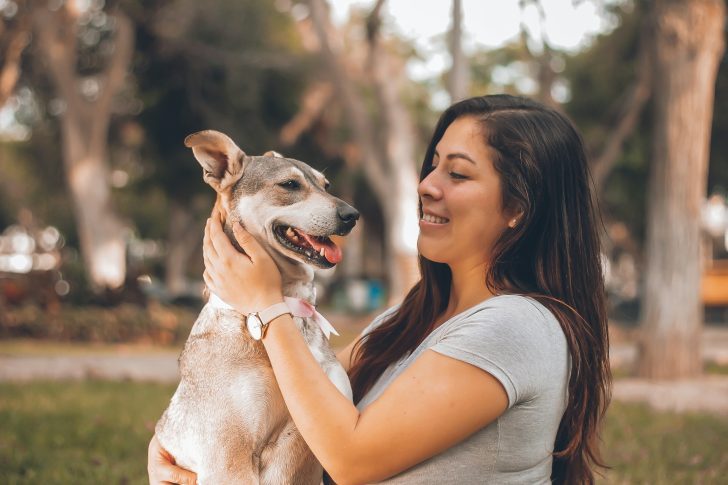Linguists Explain Why We Give Our Pets Such Bizarre Nicknames
Giving our pets goofy nicknames is not just a weird human habit. It turns out that it is part of how we build connections, signal affection, and play with language. Linguists have spent years studying this quiet corner of speech, and the findings are far deeper than baby talk.
Pets don’t stay “Fido” or “Whiskers” for long. Within days, many owners start calling them things like “Boof” or “Snorkel.” These names show they’ve moved from animal to family.
Unlike kids, pets don’t mind what you call them, giving people total freedom to experiment. Linguists see this as evidence that pets hold a unique, protected role in our homes.
Essentially, pets bring out the same playful instincts we had as kids. Linguist Cynthia Gordon, professor of sociolinguistics at Georgetown University, says names like “Snoofioso” come from experimenting with alliteration, rhyme, and funny sounds. Think “Moo Moo” or “Tinkle Toot.” These aren’t random. They echo games and songs we heard growing up.
Linguists argue that sound symbolism plays a big role in pet nicknames. “Itty” and “Sniff” sound small. “Boofa” and “Moof” sound big. People instinctively match sounds to physical traits or behaviors. A chihuahua might get called “PeePoo,” while a mastiff becomes “Chonko.”
Studies show humans have deep instincts about how sound connects to size, speed, or emotion. When we nickname pets, we are reflecting what we see and feel, using vowels and consonants as tools.
Humans talk to pets like we talk to babies. Researchers call it delta-band speech, sing-song, high-pitched, and rhythmic. Nicknames often grow from that pattern. “Boopie,” “Snuffin,” and “Tootsie” feel like they come from a nursery.
This helps us bond. Studies show this style of speech triggers stronger attention and engagement from pets. It is mutual training in love language through giggles, tones, and nonsense words.
Every household has its own little language. Linguists call it “familect.” It is full of mispronounced words, odd phrases, and nonsense that only makes sense inside the home. A spilled ketchup might become “keppage.” A dog’s sneeze might inspire “Snorklepuff.”
These in-jokes often turn into pet nicknames. They remind us of past laughs, shared stories, or odd routines. Pets become living memory boards, collecting all the weird little names we invent over the years.
A Shift From Animal Names to Human Names

Manuel / Unsplash / Nowadays, we call pets “Kyle,” “Linda,” or “Doug.”
The line between human and animal names is thinner than ever. It reflects a cultural shift. Pets aren’t tools or guards anymore. They are roommates, companions, even “fur babies.” Giving them a human name, then twisting it into something odd, shows how they live in both worlds, one foot in family, one in play.
In Taiwan, pets often get food names. “Pork Chop” or “Peanut” might sound funny, but they signal love. In Togo, dogs are sometimes named with full phrases like “They are shameless.” These are small windows into human emotion.
However, in languages like Italian, adding a suffix like “-ino” turns a name into a term of affection. English doesn’t have that. So people invent new words instead. “Walkies,” “Zoomie Face,” or “Snufflebum” fill that space.
Because English lacks built-in tools for cutesy speech, we get creative. We mash up sounds, repeat syllables, or add odd endings. The result? Names that feel totally weird but completely personal.